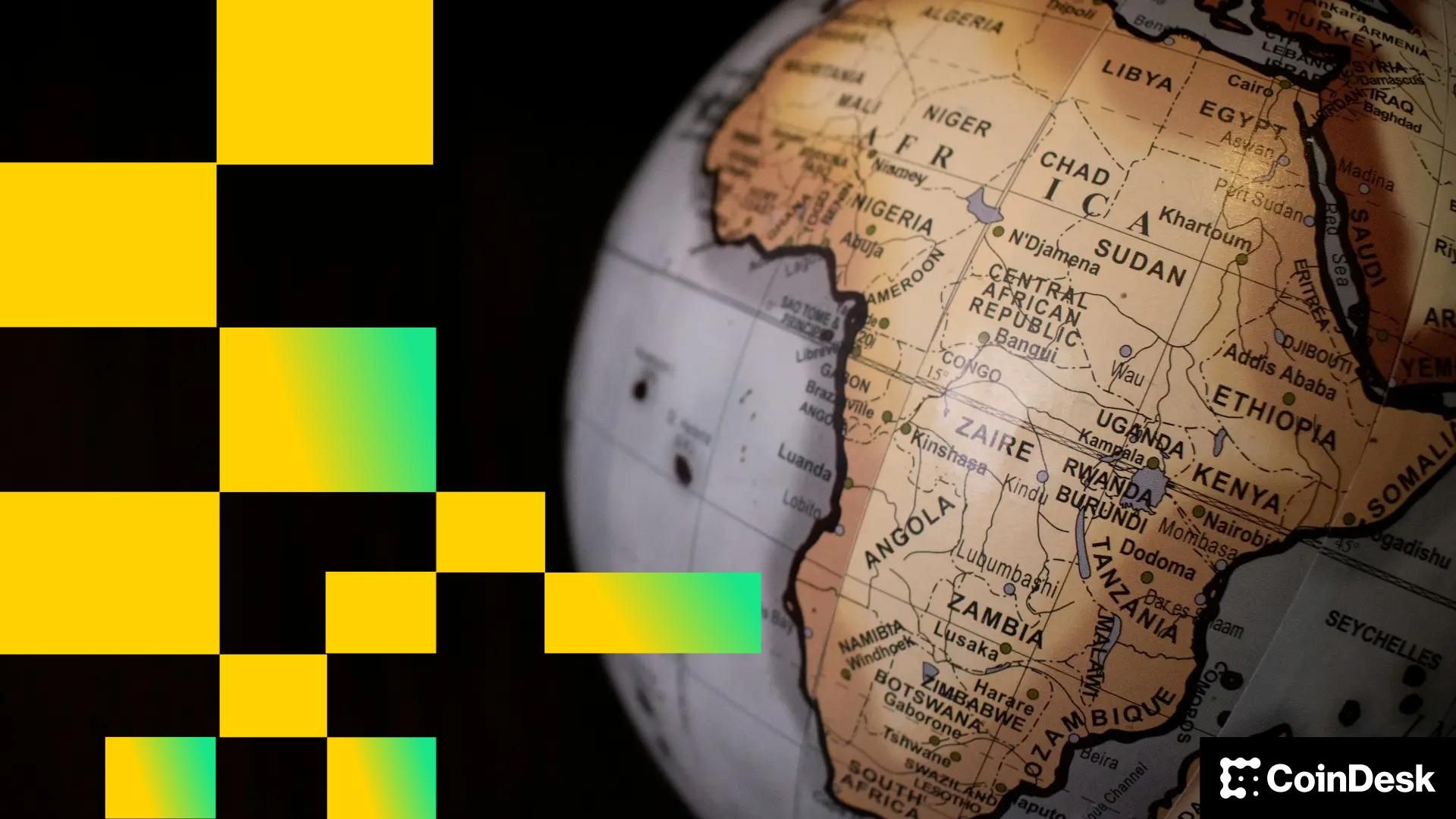
The African Continental Free Trade Area (AfCFTA) Secretariat and the IOTA Foundation have introduced a digital trade initiative that puts stablecoin-based settlement at the center of efforts to reform the way goods move in Africa.
The African Digital Access and Public Infrastructure for Trade (ADAPT), formed in partnership with the Tony Blair Institute and the World Economic Forum (WEF), will establish a shared, open-source digital public infrastructure for the continent’s 55 member states, according to an announcement on Monday.
It aims to enable instant cross-border payments, verifiable digital trade documents and interoperable digital identities. While the initiative is framed as a modernization of business processes, those involved say that stablecoins, specifically USDT, are expected to be the main driver of adoption.
“Now that we have solved the data problem (digitizing and authenticating trade documents), we can do the trade finance part,” IOTA Foundation founder Dominik Schiener told CoinDesk. “We will also offer tokenization of physical assets such as commodities and critical minerals, and cross-border payments using stablecoins like USDT for real-world payments.”
The timing of the initiative coincides with the powerful inflection point for regulatory oversight of digital currencies. Over the past year, stablecoins have gained clearer regulatory pathways in markets such as the United States and Hong Kong, driving growing payment volumes and growing institutional acceptance.
For African governments, this presents an opportunity to leapfrog legacy financial infrastructure and connect directly to the rails of stablecoins that are being normalized around the world.
According to Monday’s announcement, merchants in Africa currently face approximately $25 billion in annual payment transaction fees, while document fraud contributes to billions more in losses. Trade logistics remains deeply analogous: a single shipment may require 30 entities to exchange 240 paper documents. In Kenya, border agents previously needed to log into 13 different systems to verify a shipment.
Pilot deployments of IOTA technology in Kenya and Rwanda have already generated tangible benefits. Kenyan exporters are saving around $400 a month on printing and documentation, freight forwarders have reduced manual paperwork by up to 60% and border clearance times have been reduced from six hours to approximately 30 minutes. Kenya alone now records around 100,000 transactions per day on the IOTA distributed ledger.
ADAPT will begin with Kenya, Ghana and a yet-to-be-confirmed third country (likely one in North Africa) before expanding to the entire continent from 2026, with the goal of integrating all 55 AfCFTA nations by 2035. The AfCFTA estimates that digitalization could double intra-African trade, unlock $70 billion in trade value and generate $23.6 billion in annual economic gains.
“We could help a miner in Rwanda gain access to on-chain trade finance at 50% of the cost, receiving payments almost instantly with low transaction fees using USDT,” Schiener told CoinDesk. “This is how we go beyond the typical boom and bust cycles of cryptocurrencies and anchor our industry with real assets, real adoption and real value.”



